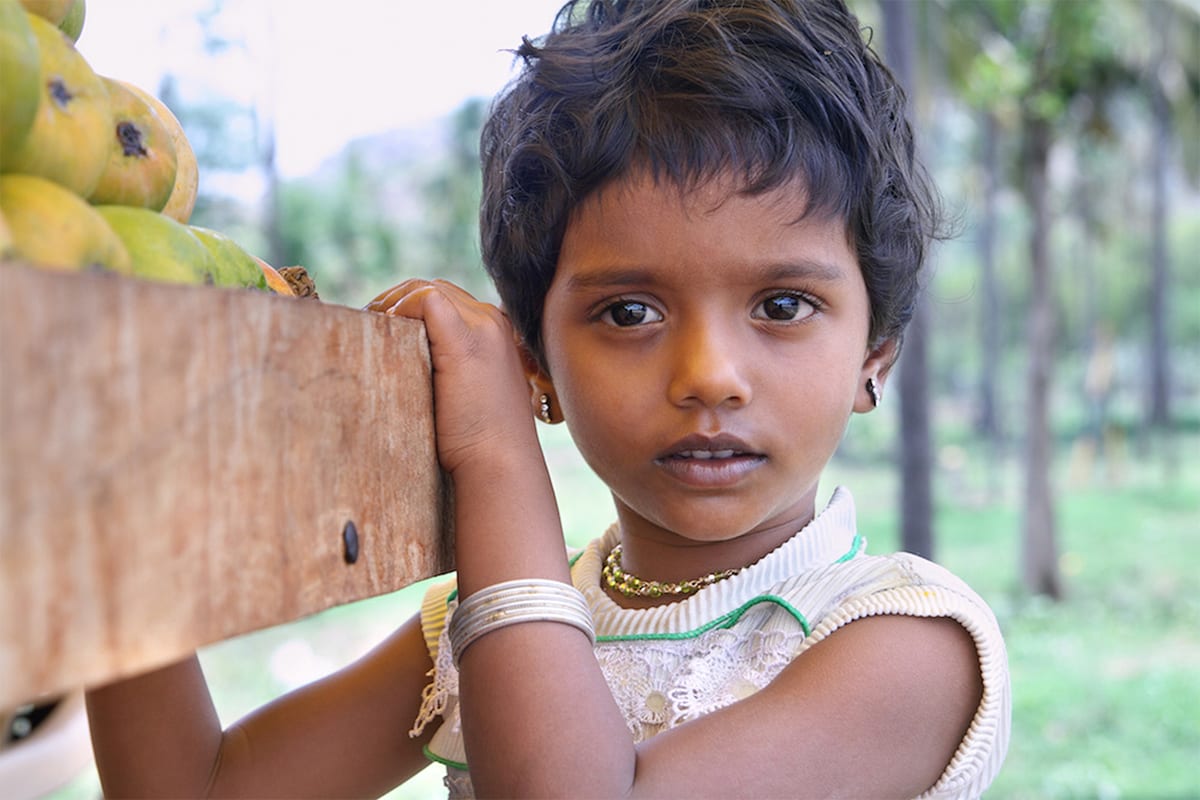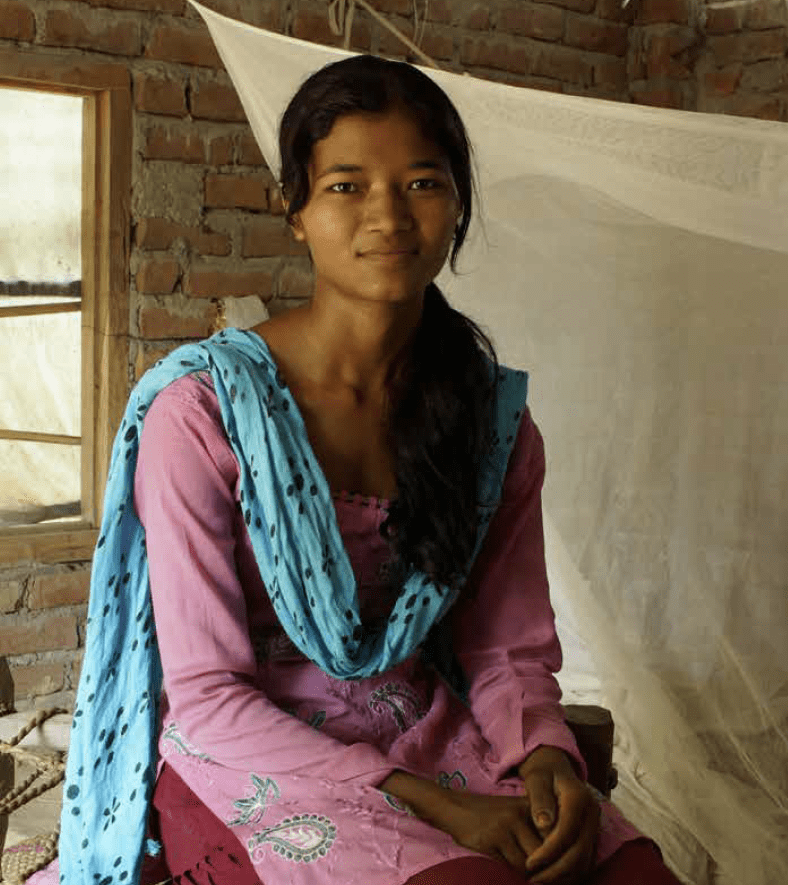Why Girls: The Importance of Girls’ Education
"The fastest way to change society is to mobilize the women of the world." — Charles Malikleo.
There are currently 31 million girls of primary school age that are not in school. A girl in Sierra Leone is more likely to be sexually abused than to attend high school and 1 in 9 girls in the developing world are married before the age of 15. There are 4 million more girls out of school than boys and 3 countries have over a million girls not in school. There are 774 million illiterate people in the world and two-thirds are female.
To many these are just numbers on a page, but for 31 million girls it’s a harsh reality. In 2018, statistics like these are unfathomable, and quite simply unacceptable.
Today we have the resources and the ability to eradicate these realities once and for all, and yet – as a global society – we sit back and allow them to continue. How is this possible? Amnesty International says that whenever and wherever a fellow human being is being persecuted, tortured, oppressed or abused you have the right to sit silently by; you also have the right speak out.
The time has come to speak out and fight for our girls education, and we want you to know why.

A girl’s education reduces child mortality
If women all over the world had a secondary education, child deaths would be cut in HALF, saving 3 million lives. Not just girls’ lives, but all lives. Christina Taylor, the Community & Bequests Officer for Plan International, notes, “All children are important, they have the same rights and deserve the same opportunities, however because girls face the double discrimination of being female and young it is so important that we focus efforts specifically on addressing their disadvantages and systemic abuse.”
Educated mothers improve child nutrition
According to UNESCO, if all women had a secondary education, 12 million children would be saved from stunted growth and malnutrition. Considering that malnutrition contributes to nearly half of all deaths in children under 5, it is undeniable that it is imperative that we educate girls who will become mothers. It is easy to see how a lack of education has a ripple effect across societies. A girl’s education not only provides knowledge, it gives them power and awareness over their own lives, which benefits all in the long run.
Do we want to create a positive ripple effect, or allow a poisonous one to continue?
Educated women are less likely to die in childbirth
It is estimated that 153 million children worldwide, ranging from infants to teenagers, have lost one or both parents. Imagine if we could reduce this by 98,000? Well, we can! According to UNESCO, if all mothers completed primary education, maternal deaths would be reduced by two-thirds. Every child deserves to grow up with the love and guidance of their parents, and by denying girls an education we are increasing the chances of a motherless childhood for so many.

Education narrows pay gaps and increases a woman’s chance of entering the workforce
Everyone deserves the chance to work for fair and equal pay; to provide for themselves and their family. Of course it is equally as valuable and admirable to stay at home and care for the family, but this should be a choice.
For many women who are in unsafe and unhappy marriages, leaving is not an option, because they have no skills and no education to allow them to find work and to provide an income for themselves. For these women, living in an unhappy or abusive relationship seems better than living on the streets begging for money; the lesser of two evils in a sense. Women should not be limited in this way, and this can be easily avoided if we afford all girls their human right to an education. Christina Taylor sums it up perfectly:
“Girls’ education is about so much more than knowledge. By ensuring that a girl has equal access to education, employment and adequate health care, the benefits will be passed on to her children (both boys and girls), community and her country.”
Many of us take our education for granted. We do not appreciate what it affords us. But imagine if you weren’t lucky enough to receive an education. Where would you be? Receiving an education empowers girls to take control of their lives, their families, and their future.
Girls with dreams become women with vision – let’s create a world where this vision runs wild and free.
In the face of these injustices it is easy to feel overwhelmed and powerless. But there are little things we can do each and every day to instigate change. Why not sponsor a girl, or make a donation to a child-focused organisation such as Plan, World Vision, ChildFund or Unicef? Become an Ambassador for an organisation that fights for the girls of our world. Host an event to raise funds and awareness for a specific girls issue you feel particularly passionate about. The best place to begin? Start the conversation. Inform yourself on the issues and be aware of the good and bad progress being made around the world. Visit a developing country and interact with the local communities, and most of all, simply talk about it to others. This is a conversation that needs to be had, and that’s something that each and every one of us can be a part of.
"Change will not come if we wait for some other person or some other time. We are the ones we’ve been waiting for. We are the change that we seek.”— Barack Obama
Lila's Story

Lila has been brought up in a place where girls and women are expected to become Kamalaris—house slaves—in order to support their families. To work from the age of 14, as a Kamalari, Lila was given her board and lodging and earned 500 Nepalese rupees each year (AU$60). Years of tradition combined with a lack of training has led to many daughters of those in bonded labour being sold as Kamalari.
However, Lila did not want to be subjected to a life like this. She wanted something more. She wanted to break the mould. Thanks to Plan International Australia, Lila discovered the key to breaking free: an education. Thanks to Plan’s Kamalari Abolition Program, Lila was able to return to school as part of a growing generation of girls now earning an education, learning to read and write, and understanding their rights and reclaiming their voice – making choices for their own future.
She said, “As a Kamalari I had to work hard all day. I had no time for school or to read. Fortunately, that has now changed. I feel good and if I have children later, I’m going to do it differently.”
*The facts, statistics and quotes in this article were sourced from UNESCO, UNFPA, Plan International Australia and UNICEF Australia.
Want to stay inspired?
Subscribe to our monthly dose of inspiring adventure stories, travel tips and useful musings about the road ahead.
